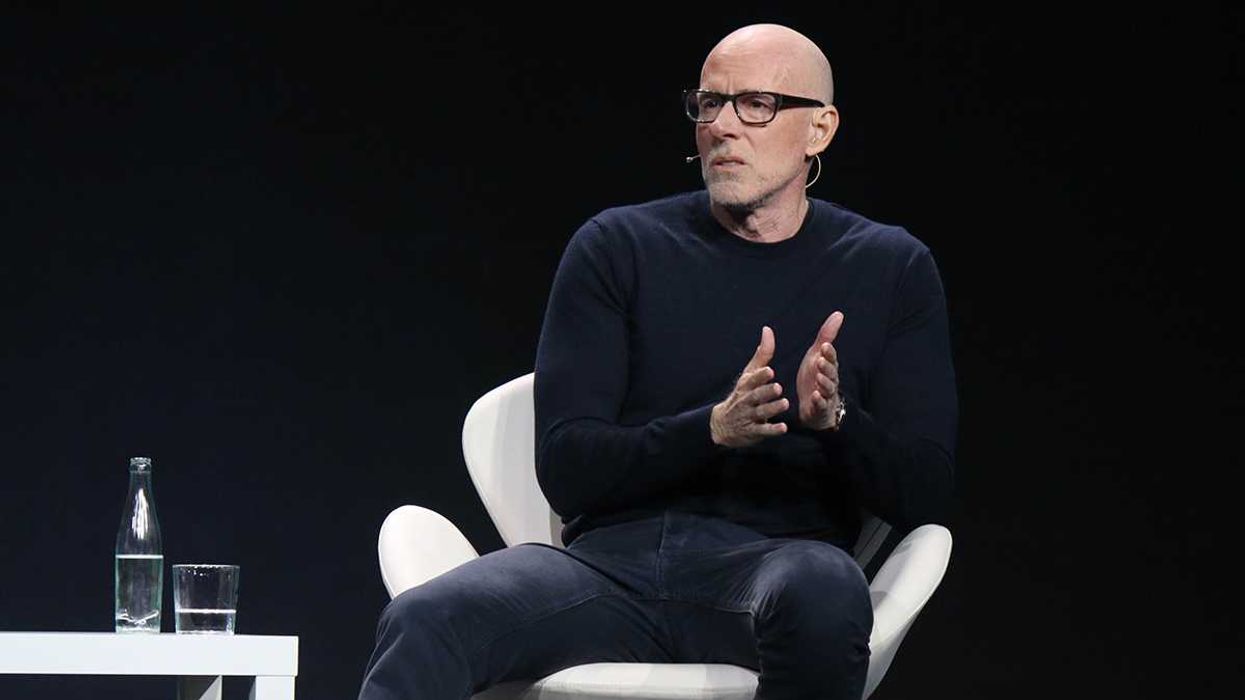At this point most reasonable people agree that climate change is a serious problem. And while a lot of good people are working on solutions, and we're all chipping in by using fewer plastic bags, it's also helpful to understand where the leading causes of the issue stem from. The list of 20 leading emitters of carbon dioxide by The Guardian newspaper does just that.
In early October The Guardian unveiled research that offers a great insight into the entities responsible for the pollution that has cause the global dilemma in which we find ourselves. As well as a startling history of the ignorance and muddying of scientific waters some of the responsible industries are guilty of.
We're in it now for sure; leading research by NASA shows that average surface temperatures on the planet rose 1.65 degrees Fahrenheit since the 19th Century, with much of the heat absorbed by the Oceans where temperatures rose 0.4 degrees Fahrenheit since 1969. Now this may not sound like much, but the result of these changes can be seen in hurricanes being strengthened by warmer waters, and wildfires exacerbated by warmer winds.
A lot of the rising temperatures are caused by the heat-trapping properties of carbon atoms – great for combustion, terrible for planets – and their release en masse into our atmosphere by cars, jets, coal powered electric plants, and more. The Guardian's research shows that by and large most of the carbon that's been released in the last fifty-years has been done so by just twenty companies.
Some of them are household names like Exxon, BP, and Shell, but some are government-owned entities like Gazprom (Russia) and Saudi Aramco (Saudi Arabia). But all of them have one thing in common, they alone are responsible for extracting, refining, and distributing the equivalent of four-hundred eighty billion, with a 'b,' tons of carbon dioxide that ends up in the atmosphere.
What is worse than that, however, is the fact that these companies have engaged in a concerted misinformation campaign to diminish the credibility of hard of science in favor of blame and deceit. It has been happening since the sixties when the government released a report anticipating the exact mess we're in now.
One report by Forbes found that the industry spends $200 million a year to fund lobbies and research organizations dedicated to putting forward a contrarian view of the harm that carbon emissions cause to the planet.
But despite all of that, the amount of carbon and misinformation, the fact remains that the ultimate culprits are we and us. The typical gasoline powered vehicle emits almost five metric tons of CO2 a year, and making one pound of plastic that is turned into water bottles and more emits three pounds of CO2. Taking a quick look around you can start to see how much that actually amounts to in terms of what we consume.
The good news is that there are a lot of ideas out there for how we can all do a little more to reduce our individual, and by extension our collective, carbon footprint. This article from Columbia University has thirty-five of them!
In doing our part to try and hold these parties responsible politically as well as economically, by educating ourselves and manipulating the markets by watching our consumption, we can slow and ultimately stem the disastrous tide of climate change.
















 Self reflection.Photo credit
Self reflection.Photo credit  Older woman touching hands with a younger self.Photo credit
Older woman touching hands with a younger self.Photo credit  Sign reads, "Regrets Behind You."Photo credit
Sign reads, "Regrets Behind You."Photo credit 
 Couple talking in the woods.
Couple talking in the woods. Woman and man have a conversation.
Woman and man have a conversation. A chat on the couch.
A chat on the couch. Two people high-five working out.
Two people high-five working out. Movie scene from Night at the Roxbury.
Movie scene from Night at the Roxbury.  Friends laughing together.
Friends laughing together.
 Maya Angelou reciting her poem "On the Pulse of Morning" at President Bill Clinton's inauguration in 1993.William J. Clinton Presidential Library/
Maya Angelou reciting her poem "On the Pulse of Morning" at President Bill Clinton's inauguration in 1993.William J. Clinton Presidential Library/  First edition front and back covers and spine of "I Know Why the Caged Bird Sings."Raptis Rare Books/
First edition front and back covers and spine of "I Know Why the Caged Bird Sings."Raptis Rare Books/ 
 Tow truck towing a car in its bedCanva
Tow truck towing a car in its bedCanva  Sad woman looks at her phoneCanva
Sad woman looks at her phoneCanva  A group of young people at a house partyCanva
A group of young people at a house partyCanva  Fed-up woman gif
Fed-up woman gif Police show up at a house party
Police show up at a house party 
 A trendy restaurant in the middle of the dayCanva
A trendy restaurant in the middle of the dayCanva A reserved table at a restaurantCanva
A reserved table at a restaurantCanva Gif of Tim Robinson asking "What?' via
Gif of Tim Robinson asking "What?' via 

 An octopus floating in the oceanCanva
An octopus floating in the oceanCanva